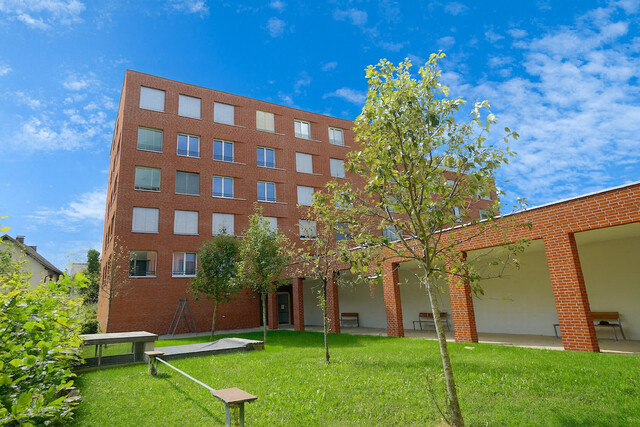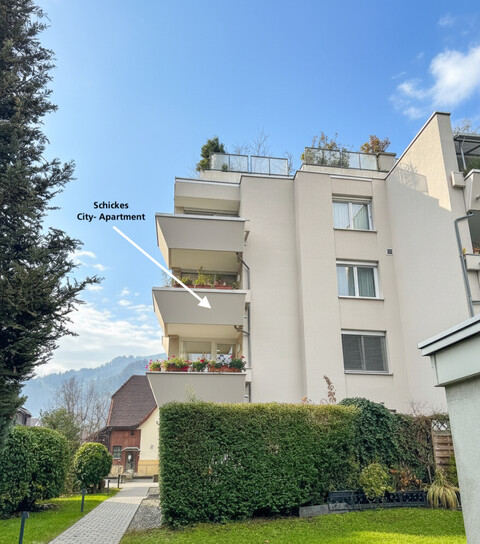RH Criticizes Handling of Secondary Activities in Ministries

An audit of several ministries and two federal states found "serious deficiencies" in the documentation of secondary activities, as stated in a report published by the Court of Auditors on Friday. The accumulation of secondary activities by individual employees and the inconsistent and incomplete legal regulation are also criticized.
Three Ministries and Two States
From 2020 to 2023, the personnel management in the Ministry of Finance, the former Ministry of Climate Protection, the former Ministry of Civil Service, the state of Burgenland, and the state of Upper Austria were audited. According to the report, none of the audited entities were able to provide the Court of Auditors with a complete overview of the secondary activities and employment of their employees.
In a sample, the secondary activities and employment of 295 employees were subjected to closer scrutiny. The Court of Auditors found "serious deficiencies in documentation" for about one-third of the employees. These included, among other things, entries in time recording that were not (fully) traceable or missing, as well as non-transparent compensation for secondary activities. The examination of the permissibility of secondary employment by the service authorities or personnel offices was also inadequately documented, according to the Court of Auditors.
Five Employees with at Least Eight Secondary Activities
The number of secondary activities of individual employees is also remarkable: In the sample, there were 64 employees who engaged in at least three secondary activities - on average, they had 4.66 secondary activities per person. Five employees had between eight and twelve secondary activities. Supervisory functions were particularly common. Most state supervisory functions were held by employees in the Ministry of Finance. As a result of the accumulation of supervisory board mandates by individual employees, supervisory board compensations of up to around 82,000 euros were paid out in 2022. Additionally, 59 percent of these 64 individuals also reported at least one secondary employment, and 63 percent held a leadership position.
Court of Auditors Sees Risk
The accumulation of secondary activities poses the risk that the main activity can no longer be properly fulfilled, according to the Court of Auditors. In the report, it recommends standardizing the legal regulations for secondary activities and employment. Secondary activities should be clearly distinguished from the main activity, and compensation should only be due if the secondary employment is carried out outside of working hours, as is already the case at the federal level. Additionally, all extracurricular - including voluntary - activities should be defined as secondary employment, as these can also be associated with conflicts of interest. Furthermore, according to the Court of Auditors, all secondary activities and employment should be centrally and fully recorded with automated support.
(APA/Red)
This article has been automatically translated, read the original article here.
Du hast einen Hinweis für uns? Oder einen Insider-Tipp, was bei dir in der Gegend gerade passiert? Dann melde dich bei uns, damit wir darüber berichten können.
Wir gehen allen Hinweisen nach, die wir erhalten. Und damit wir schon einen Vorgeschmack und einen guten Überblick bekommen, freuen wir uns über Fotos, Videos oder Texte. Einfach das Formular unten ausfüllen und schon landet dein Tipp bei uns in der Redaktion.
Alternativ kannst du uns direkt über WhatsApp kontaktieren: Zum WhatsApp Chat
Herzlichen Dank für deine Zusendung.








